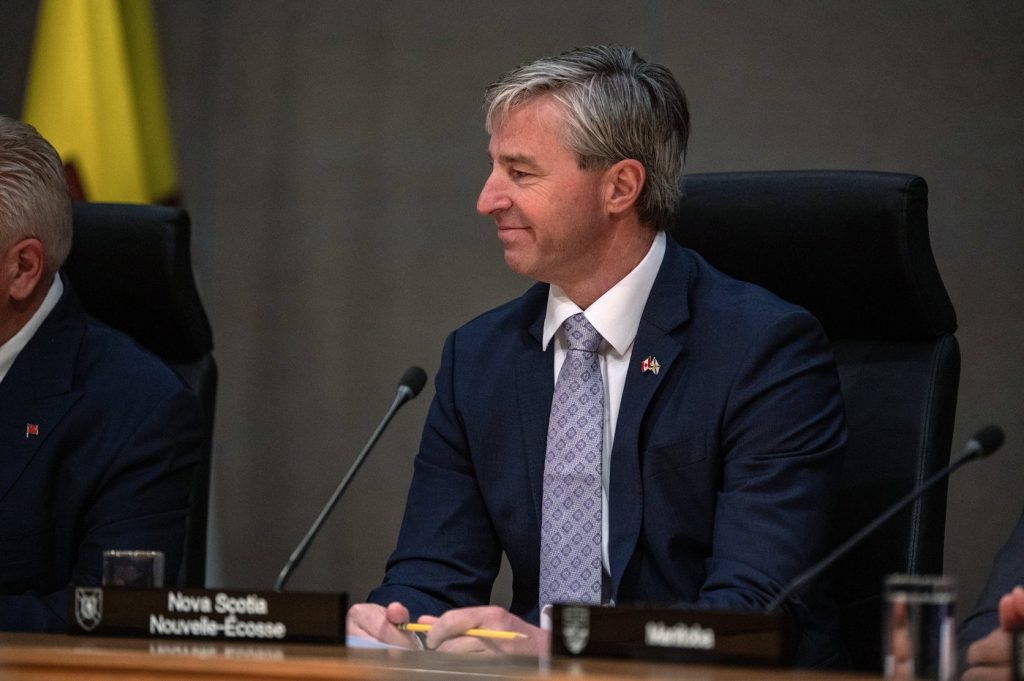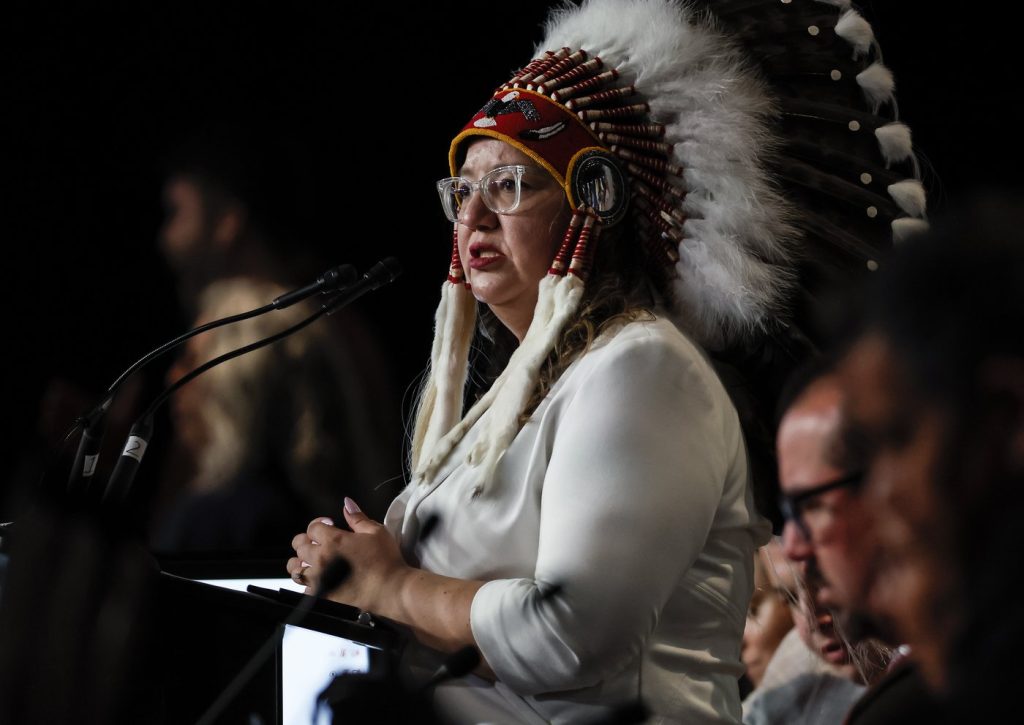HALIFAX The Whale Sanctuary Project, which plans to establish North America's first coastal refuge for captive whales, has received approval from the Nova Scotia government to commence construction on the eastern shore of the province. On Tuesday, the U.S.-based organization announced that Premier Tim Houston's cabinet granted them a 20-year lease for 83 hectares of Crown lands and coastal waters near Wine Harbour, Nova Scotia.
The group expressed their excitement in a statement, saying, "This is a great day for the Whale Sanctuary Project and for the whales. We look forward to pressing ahead in every way to establish the whale sanctuary." The announcement referenced a cabinet order available on a government website, confirming the approval, which had not been publicly announced by the government at that time.
Earlier that day, Premier Houston shuffled his cabinet, removing three ministers, including Natural Resources Minister Tory Rushton, who had recommended the approval of the project. Project organizers framed the approval as a crucial step toward building a large, floating net enclosure intended for whales and dolphins retired from marine theme parks such as Marineland in Niagara Falls, Ontario.
Following this approval, the Whale Sanctuary Project is poised to enhance its private fundraising efforts to support the $20-million initiative, which will incur approximately $2 million in annual operational costs. Charles Vinick, the project's executive director, noted that the proposed 40-hectare enclosure could accommodate up to 10 of the 30 belugas currently residing at Marineland, with plans that the refuge could be operational as early as next year.
However, it is important to note that no whales or dolphins will be relocated to the sanctuary until the Whale Sanctuary Project secures permits from the federal Fisheries Department and Transport Canada. Recent figures from The Canadian Press indicated that since late 2019, 19 belugas, one killer whale, and one dolphin have died at Marineland, though the facility has defended its treatment of the animals by emphasizing that these incidents were part of the natural life cycle.
In a related context, Marineland made headlines earlier this month when Ottawa denied its request to sell its belugas to buyers in China. Subsequently, the owners of the now-closed Ontario theme park suggested they might have to euthanize the whales due to financial constraints regarding their care. Furthermore, Marineland has voiced concerns about the viability of the proposed sanctuary site, citing environmental issues and a lack of development progress since the project's announcement in 2020.
Marineland's report criticized the Whale Sanctuary Project, arguing that unresolved environmental issues disqualify the site as a suitable location for housing Canada's remaining captive whales. However, Vinick rebutted these claims, asserting that his organization has conducted extensive environmental testing and has received approval for plans to remediate the legacy of pollution left by past gold mining activities in the area.
Vinick clarified that his organization does not intend to seek government funding and acknowledged that substantial further fundraising is necessary. Earlier this year, he indicated that opposition from a small group of local landowners had stalled the project, as consent from all landowners was deemed essential by the Nova Scotia government. Some landowners expressed concerns about losing access to local waters once the nets are deployed.
In response to the government's approval, the advocacy group Animal Justice welcomed the news, describing it as a significant step towards providing a permanent and peaceful habitat for many beluga whales currently held in captivity at Marineland. They highlighted that these whales would finally have the opportunity to experience natural environmental conditions while still receiving the necessary care post-captivity.












